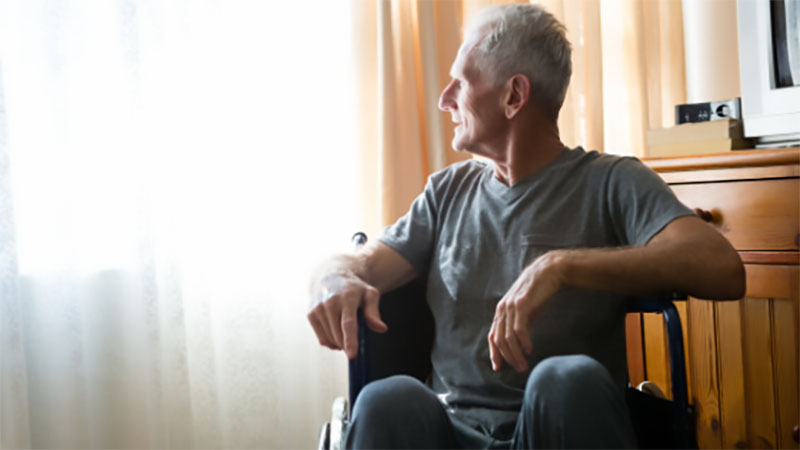
You may have seen the issue of visitation rights for aged care residents in the news lately. It’s become a bit of a vexed topic with strong opinions on both sides of the argument.
So what’s the issue exactly?
As a response to COVID-19, the federal government implemented a series of restrictions on who can and can’t visit an aged care home. This included banning people who had been overseas in the previous 14 days, people who have been in contact with a confirmed COVID-19 case, people with symptoms that could possibly be caused by the coronavirus, people who haven’t had a flu shot, and children under 16 (on the basis that they’re less likely to follow hygiene protocol such as handwashing).
On top of these government rules, some aged care homes have taken the decision to extend these restrictions further, significantly limiting visitors and in some instances preventing visits altogether.
These homes have come under some criticism for these decisions, with some families feeling as if they are cut off from their loved ones living in aged care as a result.
This is a very tricky situation, where aged care homes are being asked to balance the rights and freedoms of their residents with the risks to their health and wellbeing that visitors represent during this pandemic.
It’s important to note that aged care homes are not taking these decisions lightly. They know these restrictions will have an impact on the wellbeing of their residents – after all, who among us hasn’t felt the impact of having reduced interaction with our friends and family during COVID-19?
But each aged care provider is taking the steps that they feel are necessary to protect their vulnerable residents from a highly contagious and dangerous disease. In Newmarch House in New South Wales, we have sadly seen what happens when a bad outbreak of COVID-19 occurs in an aged care home. All aged care homes are deeply motivated to prevent this from happening again.
Many providers that we work with at Care Guidance have upped their game when it comes to wellbeing and support for their residents during COVID-19, because they understand the importance of connection and engagement with family and loved ones to mental health. And most will make exceptions during end-of-life circumstances when it comes to ensuring families can be together.
If you have a loved one in residential care and you’re finding the restrictions difficult, the best thing to do is to engage in open and constructive dialogue with the management of the aged care home. In almost all cases they will be willing to listen and open to doing what they can to try to help the situation.
If you feel you’re getting nowhere still, the aged care sector recently adopted an industry code that includes a complaints process to help families in this situation that may help.

